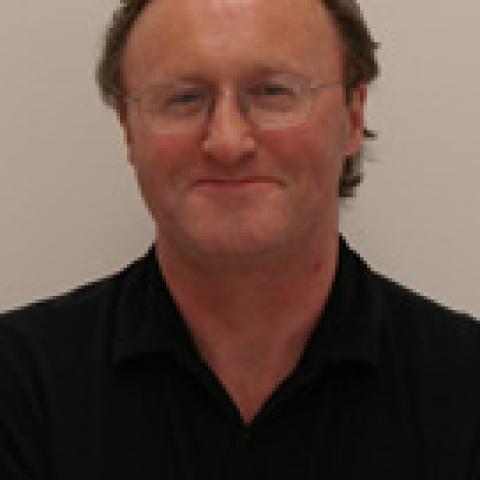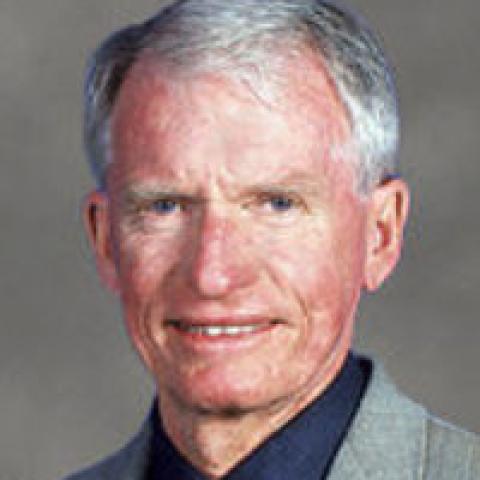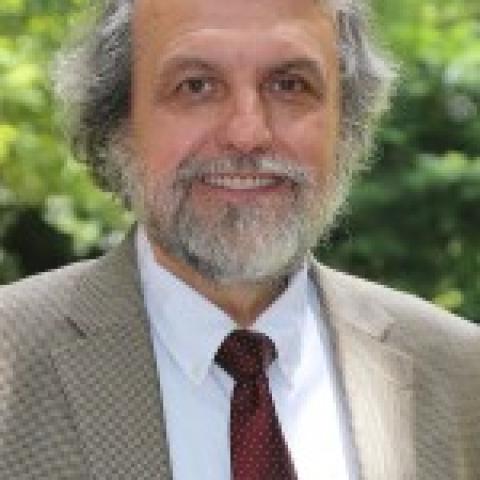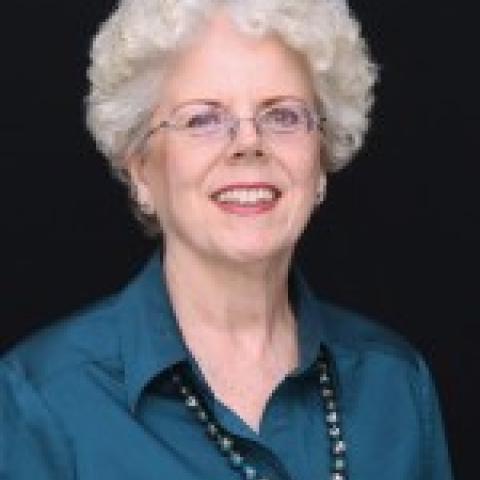Frank Southworth




Dr. Sam Shelton is a nationally recognized expert in energy systems. He is the founding director of the Georgia Tech Strategic Energy Institute, an interdisciplinary technology development-based resource. The institute is actively engaged with industry to facilitate near-term, high-impact solutions to national and regional energy challenges. As a professor for 35 years, he developed in-class and web delivered undergraduate and graduate level energy technology courses. He is currently teaching 30,000 students enrolled in a MOOCs course, Energy 101, with a focus on energy supplies, independence, economics, and society’s demands.
His primary research focus has been the development and commercialization of sustainable energy technology. He has received over $30 million in R&D funding for this work. Dr. Shelton holds eight patents in sustainable energy technologies and founded two companies developing, manufacturing and marketing energy-efficient products. Starting in the 1980s, he was among the pioneers developing commercial solar energy technologies and the assessment of offshore wind farms. His favorite hobby is flying experimental airplanes



Daniel Molzahn joined the faculty of the School of Electrical and Computer Engineering at Georgia Tech in Spring 2019. Prior to this position, Dr. Molzahn was a computational engineer at Argonne National Laboratory in the Center for Energy, Environmental, and Economic Systems Analysis (CEEESA), where he currently holds an affiliate position. He was a Dow Postdoctoral Fellow in Sustainability in the Electrical Engineering and Computer Science Department at the University of Michigan. He received the B.S., M.S., and Ph.D. degrees in Electrical Engineering and the Master’s of Public Affairs degree from the University of Wisconsin-Madison, where he was a National Science Foundation Graduate Research Fellow. In his spare time, Dr. Molzahn enjoys hiking, waterskiing, and climbing. Also, as a shareholder of the world's greatest sporting franchise, he keeps an eye on his investment by watching and attending football games of the 13-time-champion Green Bay Packers football team.
Building Technologies; Nuclear


Johannes Milz is an Assistant Professor in the H. Milton Stewart School of Industrial and Systems Engineering. His research focuses on optimization under uncertainty and optimal control of uncertain systems, with a strong emphasis on sustainability applications. By addressing large-scale optimization challenges in physics-based models under uncertainty, he aims to contribute to the development of sustainable energy systems, such as renewable tidal energy farms. Dr. Milz is also dedicated to open science; he develops reproducible numerical simulations and shares them publicly, making his results accessible to a broad group of researchers and practitioners. Prior to joining ISyE, he was a postdoctoral researcher at the Technical University of Munich, where he earned his Ph.D. in Applied Mathematics in 2021.
Resource assessment and design of renewable marine energy systems, especially tidal energy.

Daniel Matisoff teaches and conducts research in the areas of public policy, energy policy, and corporate sustainability. His research focuses on the effectiveness and efficiency of comparative approaches to addressing environmental problems and the adoption and diffusion of energy technologies and policies. He currently is a fellow with the Brook Byers Institute for Sustainability, and is affiliated with the Strategic Energy Institute and Center for Urban Innovation. He has participated in over $4 million of sponsored research through the National Science Foundation, the European Union Center for Excellence, the German Academic Exchange Service, the Georgia Department of Transportation, and the National Electric Energy Testing Research and Applications Center. His recent research has resulted in publications in the Review of Environmental Economics and Policy, Environmental and Resource Economics, Energy Economics, Environmental Science and Technology, Energy Policy, and Business Strategy and the Environment, among other outlets. His current research interests include: evaluating the effectiveness of voluntary eco-labeling programs; the effectiveness of incentives for solar electricity; the adoption of smart grid technologies and policies; and the impact of large scale solar adoption on consumer rates and bills.

Electric Vehicles; Acoustics and Dynamics; computational mechanics; Multiscale Modeling; Nanostructured Materials; Metamaterials